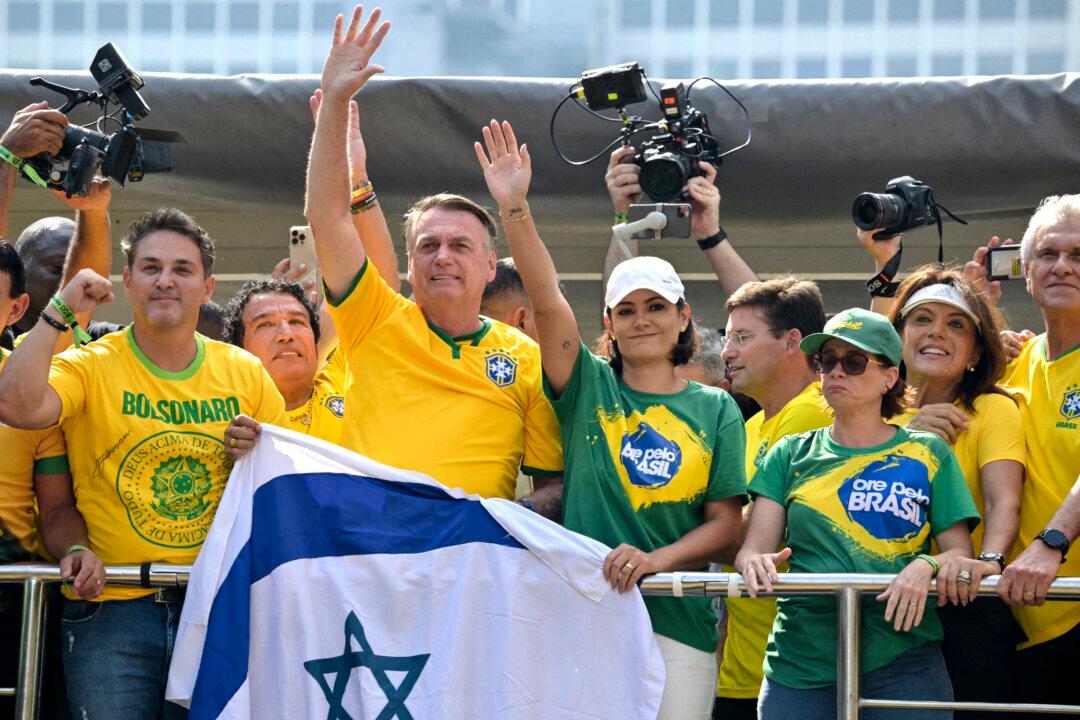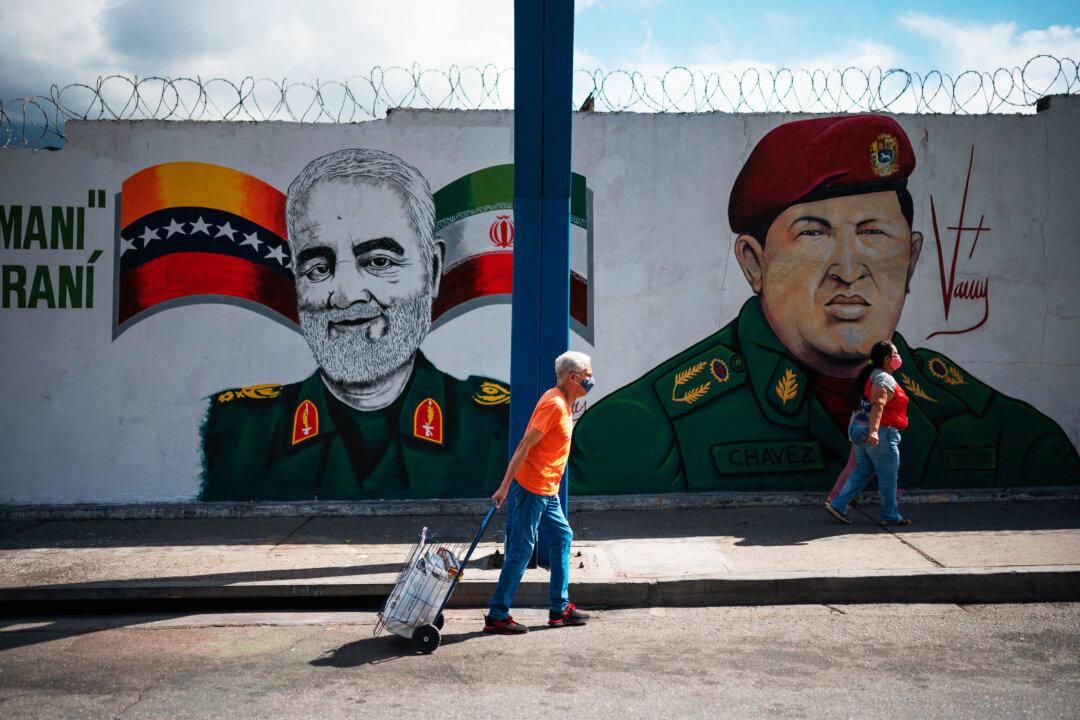SÃO PAULO—Crowds gathered in Brazil’s largest city, São Paulo, at a rally called by the country’s former President Jair Bolsonaro on Feb. 25. Official estimates haven’t been made public, but Bolsonaro supporters estimate that about 1 million people were present.
Mr. Bolsonaro, a conservative leader previously dubbed the “Trump of the Tropics,” said the event would send a “photograph to the world,” capturing support for him among the people and for conservatism in Brazil. He was joined by congressmen and state governors as he addressed the gathering.





